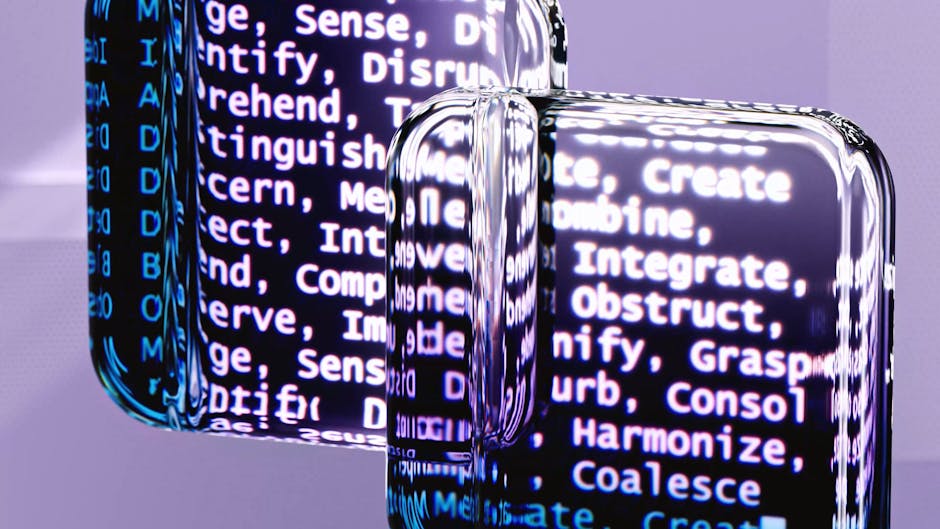The world of software development is in the midst of a profound transformation. For decades, progress was measured in better languages, frameworks, and methodologies. Today, a new force is reshaping the industry at an unprecedented pace: Artificial Intelligence. This isn't just another tool; it's a fundamental shift that promises a new era of development defined by incredible speed and computational power.
From generating code snippets to identifying bugs before they ever reach production, AI is becoming an indispensable partner for developers. This revolution is not about replacing human ingenuity but augmenting it, allowing teams to build more robust and innovative software faster than ever before.

Photo by Google DeepMind on Pexels
What is AI in Software Development?
At its core, AI in software development involves using intelligent systems to assist or automate tasks within the software development lifecycle (SDLC). These tools leverage machine learning models, often trained on vast datasets of open-source code, to understand context, predict outcomes, and generate human-like output.
This goes far beyond simple autocompletion. Modern AI tools can write entire functions, translate code between languages, and even suggest architectural improvements. To understand the foundational concepts behind these tools, it's helpful to review the basics. Understanding AI: A Beginner's Guide to Artificial Intelligence Concepts provides a great starting point.
How AI Accelerates the Development Lifecycle
AI's impact is felt across every stage of development, streamlining workflows and eliminating traditional bottlenecks. By automating repetitive tasks, AI empowers developers to focus on the creative and complex aspects of their work.
Coding and Implementation
This is where AI's influence is most visible. Tools known as AI coding assistants, like GitHub Copilot, act as a pair programmer. They suggest lines of code, complete entire functions based on a simple comment, and drastically reduce the time spent on boilerplate or routine logic.
Testing and Quality Assurance
Manually writing tests is a time-consuming but critical process. AI is revolutionizing this area by automatically generating test cases, identifying edge cases humans might miss, and even predicting potential bugs based on code changes. This leads to more resilient applications and a faster feedback loop for developers.
Debugging and Optimization
Instead of spending hours tracing an obscure bug, developers can use AI-powered tools to analyze code and pinpoint the root cause of an error with remarkable accuracy. These systems can also suggest performance optimizations, ensuring the final product is not only functional but also efficient.
AI doesn't replace developers; it empowers them, turning tedious tasks into automated processes and freeing up mental bandwidth for complex problem-solving and innovation.
The Power Unleashed: More Than Just Speed
While the boost in speed is a primary benefit, the power of AI in software development extends much further. It enhances the qualitative aspects of engineering, leading to better outcomes and more capable development teams.
Key benefits beyond speed include:
- Improved Code Quality: By suggesting best practices and identifying anti-patterns, AI helps maintain a higher standard of code consistency and quality across teams.
- Enhanced Knowledge Sharing: AI tools can serve as an instant reference, helping junior developers learn established patterns and providing senior developers with quick solutions for unfamiliar domains.
- Focus on High-Level Strategy: With AI handling the minutiae, engineers can invest more time in architecture and system design, which is crucial for building scalable solutions. This aligns with the principles discussed in Beyond the Code: How System Architecture Impacts Programming Speed and Power.
Challenges and the Road Ahead
Of course, this revolution is not without its challenges. Concerns around the security of AI-generated code, potential biases in training data, and the ownership of intellectual property are all topics of active discussion. As the technology matures, establishing best practices and ethical guidelines will be essential.
Despite these hurdles, the trajectory is clear. AI will become more deeply integrated into every aspect of the SDLC, from initial requirements gathering to long-term maintenance. The future of software development is a collaborative one, where human creativity is amplified by the speed and power of artificial intelligence.
Conclusion: A New Standard for Development
The integration of AI into software development marks a pivotal moment in the history of technology. It delivers an unprecedented combination of speed and power, enabling developers to build, test, and deploy software more efficiently than ever. By automating routine tasks and providing intelligent assistance, AI is elevating the role of the developer to that of a true architect and innovator.
The AI revolution is not on the horizon; it is already here, reshaping workflows and setting a new standard for what is possible. The tools will only grow more sophisticated, further cementing this new partnership between human and machine intelligence. How are you and your team using AI to enhance your development process?